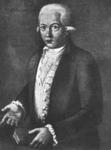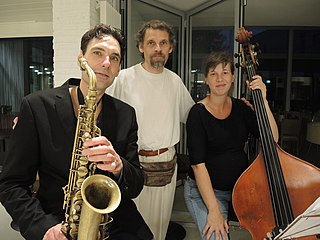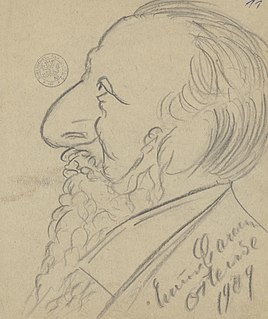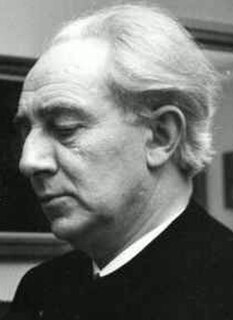 W
WNicolas Bosret was a blind composer and organist at the St. Loup church in Namur.
 W
WFrançois van Campenhout was a Belgian opera singer, conductor and composer. He composed the music for the Belgian national anthem, "La Brabançonne".
 W
WAlain Crepin is a Belgian saxophonist, composer, music educator and conductor.
 W
WTheodor Evertz was a Franco-Flemish composer from the Renaissance.
 W
WJoseph-Hector Fiocco, born in Brussels, was a composer and Harpsichordist of the late Baroque period.
 W
WEugénie-Emilie Juliette Folville was a Belgian pianist, violinist, music educator, conductor and composer.
 W
WDieudonné-Félix Godefroid was a Belgian harpist, who composed for his instrument and for the piano.
 W
WAlbert Grisar was a Belgian composer, mainly active in Paris.
 W
WRobert Herberigs was a Belgian painter, writer and musician.
 W
WLouis Hillier (1850–1910) was a Belgian musician and composer of Wallonia, who in 1901 wrote the music of the Le Chant des Wallons, the Walloon anthem.
 W
WNicolas Hotman was a Baroque composer, who spent most of his career in France. He is believed to have been from Germany, but was probably born in Brussels. He came with his family to Paris around 1626, where he died in April of the year 1663.
 W
WLéon Jongen was a Belgian composer and organist.
 W
WChris Joris is a Belgian jazz percussionist, pianist and composer. He is the son of Jan Joris, an opera singer. Joris joined Aksak Maboul in 1977, appeared on their first album but left the group later that year. In the mid 1990s, he formed The Chris Joris Experience, a jazz band with Sam Versweyveld (trumpet), Bart Defoort (saxophone), Ernst Vranckx (piano) and Chris Mentens. He won the 1998 Belgian Golden Django for best Flemish artist.
 W
WHubert Léonard was a famous Belgian violinist, born in Liège. His earliest preparatory training was given by a prominent teacher of the time, August Rouma, after which he entered the Paris Conservatoire in 1836. There he studied for three years under François Antoine Habeneck. In 1844 he started his extended tours which established his reputation as one of the greatest of virtuosos. From 1848 to 1867 he held the position of principal professor of violin playing at the Brussels Conservatoire, having succeeded the celebrated Charles de Bériot. Owing to ill health, he resigned and settled in Paris, where he spent the rest of his life, and where he gave lessons. Among his notable students were Alfred De Sève, Martin Pierre Marsick, Henri Marteau, Henry Schradieck, and César Thomson. He wrote a significant pedagogical work entitled Ecole Léonard.
 W
WÉmile Louis Victor Mathieu was a Belgian music teacher and composer of classical music.
 W
WMartin-Joseph Mengal was a Belgian composer and teacher.
 W
WJérôme-Joseph de Momigny was a Belgian/French composer and music-theorist.
 W
WOvide Musin (1854–1929) was a Belgian violinist and composer.
 W
WFlor Peeters was a Belgian composer, organist and academic teacher. He was director of the Convervatorium in Antwerp, Belgium, and organist at Mechelen Cathedral from 1923 to his death in 1986.
 W
WFrançois Hubert Prume was a Belgian violinist and composer.
 W
WHenri Seroka is a Belgian singer and composer. Although he began his career as a singer, he is known mostly for his compositions, especially film music, and for composing Belgium's official song for the 1984 Olympic Games.
 W
WJean-Baptiste Singelée was a Belgian classical composer of the romantic period.
 W
WFlorimond Van Duyse was a Belgian lawyer, composer and musicologist.
 W
WJef van Hoof was a Flemish composer and conductor.
 W
WLucie Vellère was a Belgian composer.
 W
WCarl Gustav Verbraeken is a Belgian composer.
 W
WThéophile Ysaÿe was a Belgian composer and pianist, born in Verviers, Belgium. His brother was the violinist and conductor Eugène Ysaÿe.
 W
WJoannes Zacheus was a composer of the Franco-Flemish School.